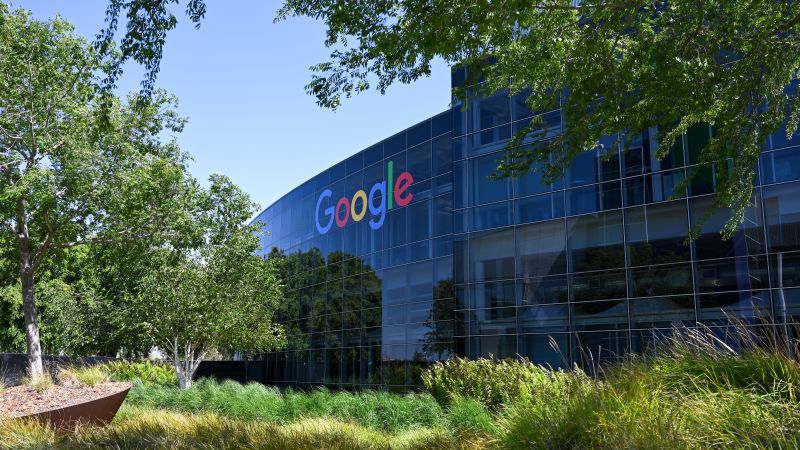The Justice Department recently revealed that Google pays Apple billions of dollars each year to be the default search engine on Safari browsers, with estimates reaching up to $20 billion in 2022. This revelation comes as part of an ongoing antitrust lawsuit against Google that could have significant implications for the tech industry. The case, which began during the Trump administration, accuses Google of illegally monopolizing the online search industry through these payments.
Government attorneys argue that Google’s contracts with device makers and browsers have allowed it to maintain an unassailable search business that stifles fair competition. Google has defended its actions by claiming that consumers choose its search engine because it is the best, not because of anticompetitive behavior. The company also argues that the payments it makes to Apple support its Android operating system, which competes with Apple’s iOS.
The outcome of the antitrust case against Google could set a precedent for future tech industry cases and influence the billions of dollars that Google pays to other companies for search engine placement. District Judge Amit Mehta, who is presiding over the case, has kept his opinions close to the vest and indicated that he was undecided at the end of the trial. During closing arguments, Mehta raised challenging questions for both sides, highlighting the complexities of the case.
The case raises important questions about the competitive landscape in the tech industry and the impact of default search engine agreements on consumer choice. If Google is found to have violated antitrust laws, it could face penalties and potentially be required to change its business practices. The arguments put forth by both the Justice Department and Google will be carefully considered by Mehta before a decision is reached.
The implications of the Google antitrust case go beyond the payments made to Apple and highlight broader concerns about competition in the tech industry. How search engines are default set on devices and browsers has significant implications for consumer behavior and market dynamics. The case is being closely watched by industry experts and could have far-reaching effects on the future of online search and the tech industry as a whole.
Overall, the Google antitrust case is a high-stakes legal battle that could shape the future of online search and competition in the tech industry. The extensive payments made by Google to be the default search engine on Safari browsers could be seen as anticompetitive behavior by the Justice Department. The outcome of the case will have significant implications for Google, Apple, and other tech companies, as well as for consumers who rely on search engines for information and services.


